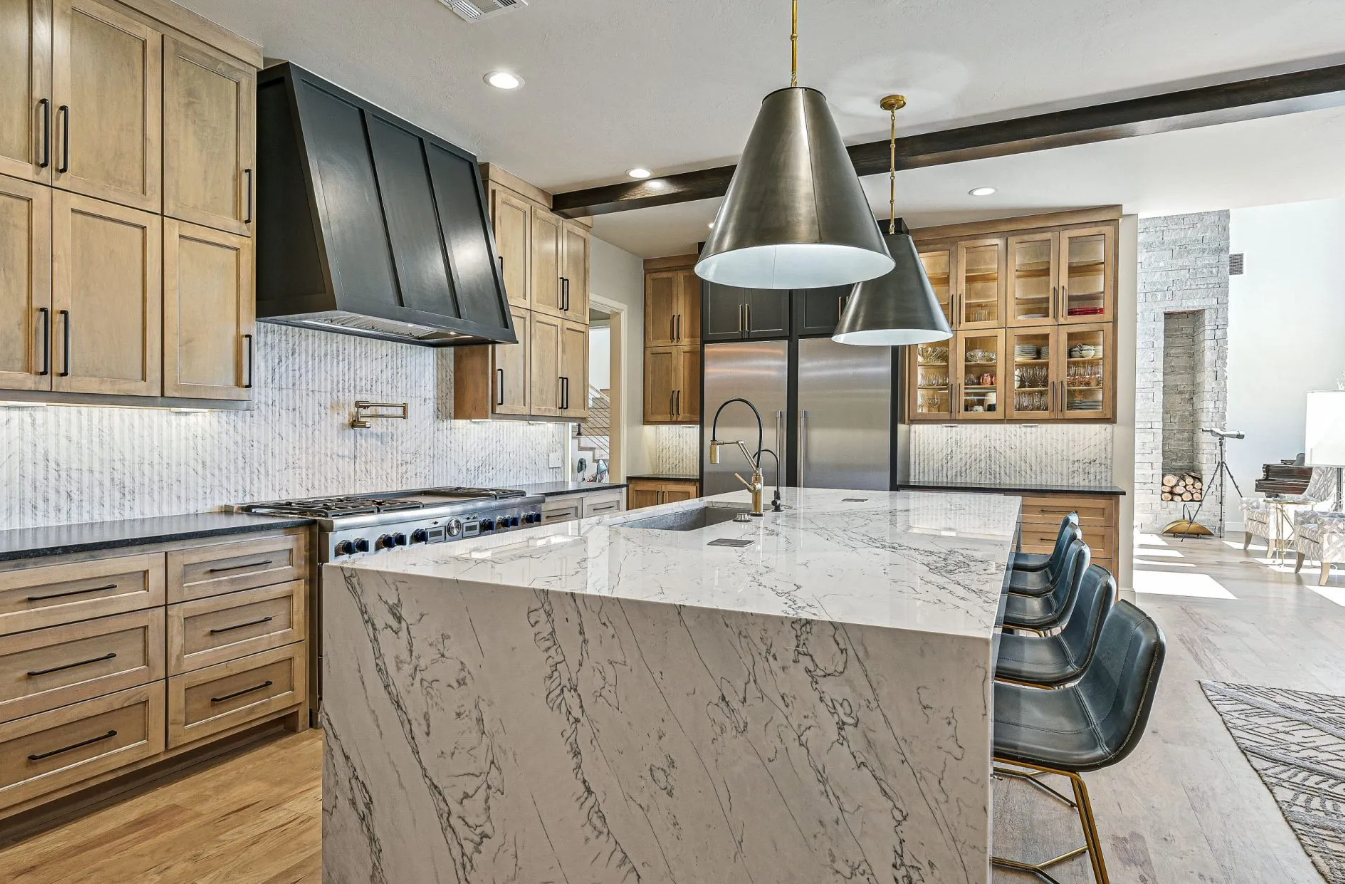Quartzite is known for its durability, making it a popular choice for various applications, including countertops. Here are some key factors that contribute to the durability of quartzite:
- Hardness: Quartzite is a very hard and durable natural stone. It is composed mainly of quartz crystals, which are one of the hardest minerals on Earth. This hardness makes quartzite resistant to scratches and abrasion.
- Resistance to Heat: Quartzite exhibits excellent heat resistance. It can withstand high temperatures, making it suitable for use in kitchens where hot pots and pans may come into contact with the countertop surface.
- Durability Against Wear and Tear: Due to its hardness, quartzite is resistant to wear and tear. It can handle the daily activities and demands in areas like kitchens and bathrooms without easily showing signs of damage.
- Resistance to Chemicals: Quartzite is relatively resistant to chemicals, making it less susceptible to damage from household cleaners or acidic substances. However, it’s still advisable to use mild, pH-balanced cleaners to ensure the longevity of the stone.
- Low Porosity: While not as non-porous as quartz, quartzite has a lower porosity compared to some other natural stones like marble. This characteristic makes it less prone to absorbing liquids, reducing the risk of staining.
It’s important to note that while quartzite is durable, the level of durability can vary based on factors such as the specific type of quartzite, its mineral composition, and the conditions of its formation. Additionally, proper care and maintenance are essential to preserve the appearance and longevity of quartzite countertops. This may include regular sealing to protect against staining and using cutting boards to prevent scratches. Overall, quartzite is considered a durable and resilient choice for countertops and other applications.
